Though best remembered for its biggest hit, the UK singer’s eponymous 2006 debut remains unmatched in the weighty simplicity of its stories of love pursued and lost.
In another life, Corinne Bailey Rae would have been the type of artist whom Berry Gordon’s Motown committed to honing and presenting to the world—a luminescent talent and disciplined artist deeply aware of what moved her. This artistic confidence is unmistakable on the singer-songwriter’s eponymous 2006 debut, which celebrates its 15th anniversary this year with a reissue and a bonus track, “Another Rainy Day.” Across the pond, far from the musical hub of Detroit, Rae took melodies reminiscent of Tammi Terrell and the simmering passion of Florence Ballard to spin the tales of a Black girl from Leeds. Over a decade later, Corinne Bailey Rae remains unmatched in the weighty simplicity of its stories of love pursued and lost, of a person adrift but hopeful.
With 12 smooth jams that do double time as ballads depending on the mood, the album showcased Rae not only as a vocalist, but also as an enviably candid writer. The sparse strings of lead single “Like a Star” weave in effortlessly as Rae confesses what new love has done to her. “Just like a song in my heart/Just like oil on my hands,” she sings, evoking the inexplicable bliss of attraction while making tangible love’s capacity to leave marks on our bodies. If the character Janie from Zora Neale Hurston’s Their Eyes Were Watching God had a soundtrack for her early days loving and seducing Tea Cake—the man she’d later run away with—it would be this song. The video, with its soft close-ups of Rae’s face interspersed with clips of a lapping river and bucolic forest, shows that often when falling, the only thing that can bring you down to earth is nature, a gift more overwhelming than your own growing emotions.
“Put Your Records On,” with its sun-kissed biking girls and endless, tree-lined roads, made a lullaby out of wellness long before it became a billion-dollar industry. Frolicking through fields and chasing ribbons, Rae was at its center, telling Black women it was not only worth it to escape, but that it was a kind of bliss, attainable for a sisterhood or a party of one. The smash hit didn’t just suggest stepping back and unplugging; it lightly commanded that listeners dwell in simple pleasures for their own spiritual health. Rae once again displayed her knack for adding color and texture to her universe, recalling a summer that “came like cinnamon,” and which met travellers dressed in “sapphire and faded jeans.”
This was the track that catapulted Rae to fame, and the song that continues to be the most beloved and well-known in her oeuvre, but there are other equally captivating and detailed songs on her debut, including the solemn “Till It Happens to You.” In contrast to the rest of the album, this track wallows in moody reflection as she ponders a relationship broken beyond repair. “Used to feel like May/I used to hear those violins playing our strings like a symphony,” she croons, sounding like a blues veteran who’s been through the ringer. “Ooo, love, I’m a fool to believe in you/’Cause I don’t know/No, I don’t know/Anymore.” A heartbreak is painful, but sometimes what hurts most is not knowing what comes after the split. Where do you put the love? A part of that answer lies in “Choux Pastry Heart,” where heartache folds into itself and becomes something that moves as you do. Rae projects the persona of someone who is weathered and resigned, a hopeless romantic who leaned further into love even as the hurt made her “cry so much I had to leave.”
The misty-eyed haze lifts on songs like “Call Me When You Get This,” “Breathless,” and “I’d Like To,” which are filled with promise and tentative new beginnings. Rae’s voice skips and twirls through relationships in bloom, but it’s when she veers from the fully formed worlds in her storytelling to broad observations that the album falters. “Don’t you know that patience is a virtue/And life is a waiting game,” from “Seasons Change,” are hollow beatitudes. “Butterfly” attempts to harness the metamorphosis that occurs as we grow from childhood to adulthood, but relies too heavily on clichés of rebirth. Though Rae occasionally leans on such well-worn phrases, her own insight remains the crux of the record. The fullness of her musical vision vibrates in the tenderly crafted moments, making the stumbles feel more like stopovers than interruptions.
Many artists chase timelessness, looking to nostalgia as a peg on which to hang their contemporary work. Corinne Bailey Rae offered a different way forward. Black women artists in the mid-2000s were often siloed into pop and expected to engineer endless chart-toppers; the artistic range of singers like Macy Gray, India.Arie, and Kelis did little to quell those expectations. Rae built on their hard-won autonomy, and set a model for a new generation of performers like Cleo Sol and Mahalia. Like the ride she took on “Put Your Records On,” Corinne Bailey Rae was a trip through the trails of her own life. If others tagged along that was fine by her—so long as the music still soothed her own soul.








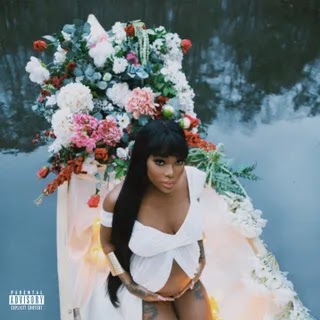
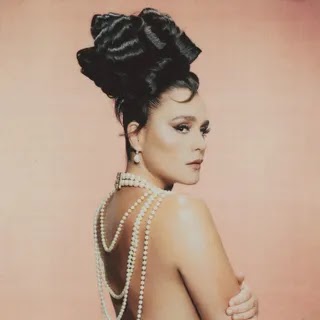


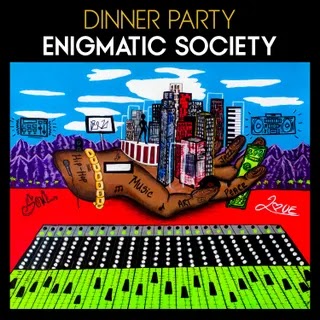
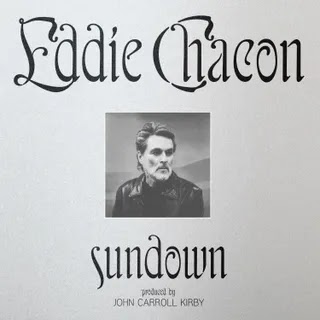
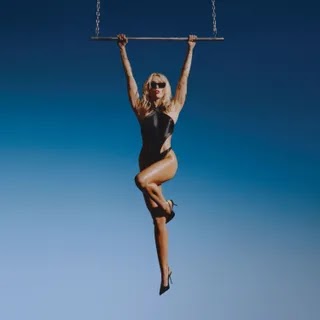

0 comments:
Post a Comment